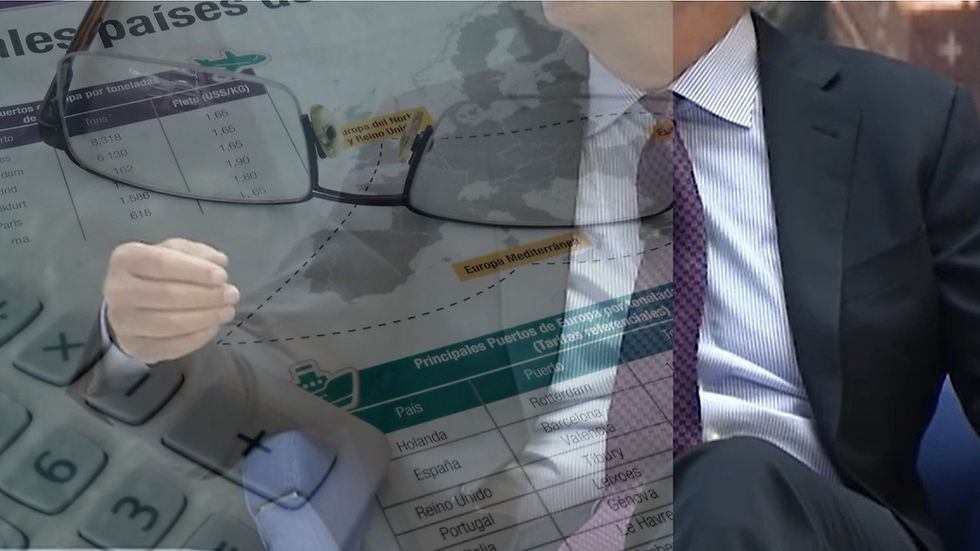Profound Impact
- Alta gerencia
- Jul 22, 2025
- 2 min read
In times of crisis, some organizational and corporate protocols may be broken to give way to alternative management mechanisms, usually based on the judgment and discretion of the executive director. In other words, contingency plans become ineffective when faced with unforeseen circumstances.

There is no more decisive moment to test a manager or president’s managerial capacity and authentic leadership than a crisis shaking the deepest operational, financial, commercial, and reputational foundations of a company.
Cited by some as one of the largest corporate crises caused by technological sabotage, the cyberattack on Sony Pictures Entertainment (SPE) in late 2014 left a series of lessons in corporate management during crises. The first was the composure of its president, Michael Lynton, who managed to control most of the challenges after the theft of sensitive information—a particularly damaging event for a company whose business relies on content generation.
The second lesson was to focus and redirect efforts toward normalizing operations, personally leading the restoration of key functions. Whenever possible, decision-making should be centralized, and executives should work side by side with employees, regardless of their level or role, to restore operations. The president should be close to the crisis center, transmitting humility and sincerity to clients, suppliers, and employees. A frank and transparent attitude fosters market trust and strengthens employees’ sense of belonging.
Acknowledging mistakes openly and leading recovery efforts as the visible head of the organization are critical steps toward regaining confidence and progressively repairing reputational damage. However, this process must be accompanied by concrete actions to correct failures.
Another key lesson is that facing crises should not result in isolation; on the contrary, cooperation with authorities and peers is crucial. Sony, for instance, worked closely with the FBI. Although one should not expect immediate assistance from external entities, asking for help early can prevent vulnerabilities from being exploited, avoiding becoming a victim in similar future situations.
In times of crisis, breaking protocols may be necessary to implement alternative decision-making mechanisms, especially when contingency plans fail to address unforeseen risks. Therefore, it is essential for every company to constantly review and adjust its contingency systems to mitigate risks, strengthen resilience, and ensure a clear alignment of staff and executive leadership when making critical decisions.
Gilberto Caicedo – Business and Financial Consultant
Published in Portafolio (Colombia)
Valoración de empresas y dictámenes





Comments